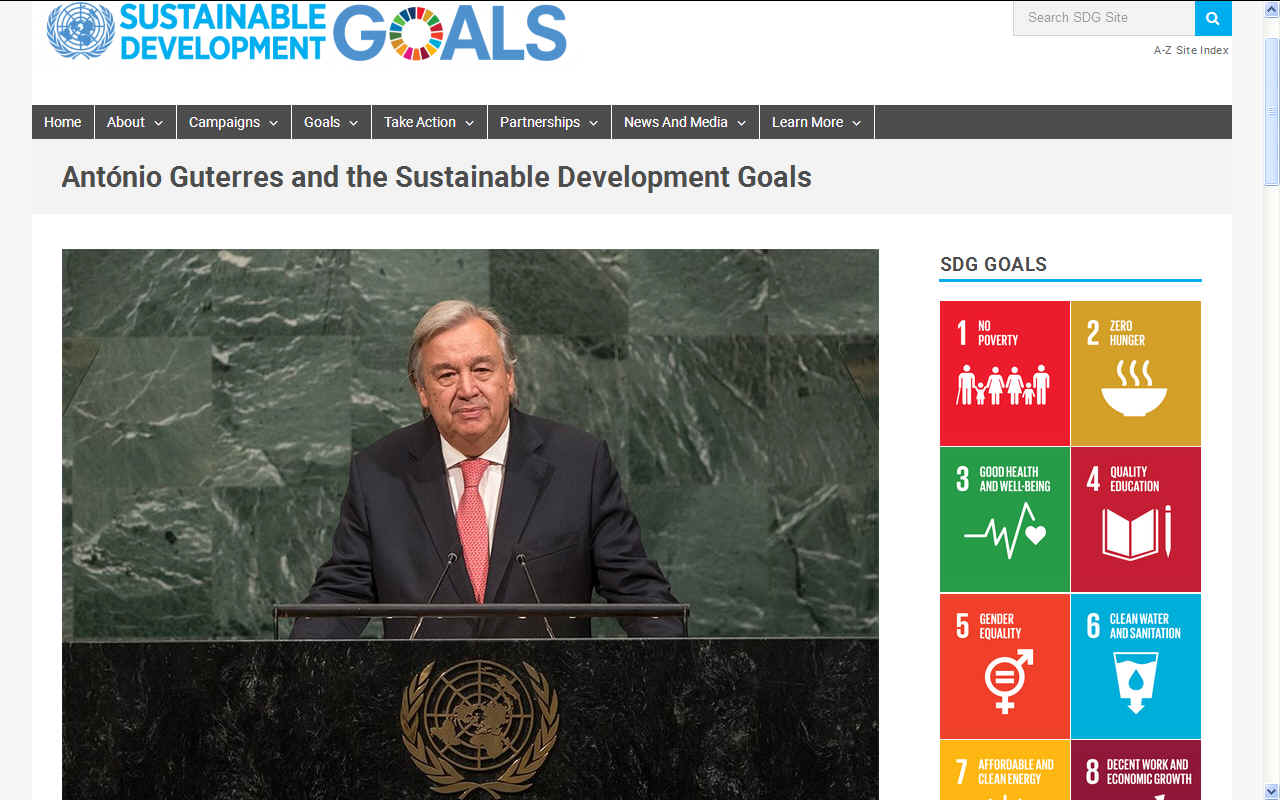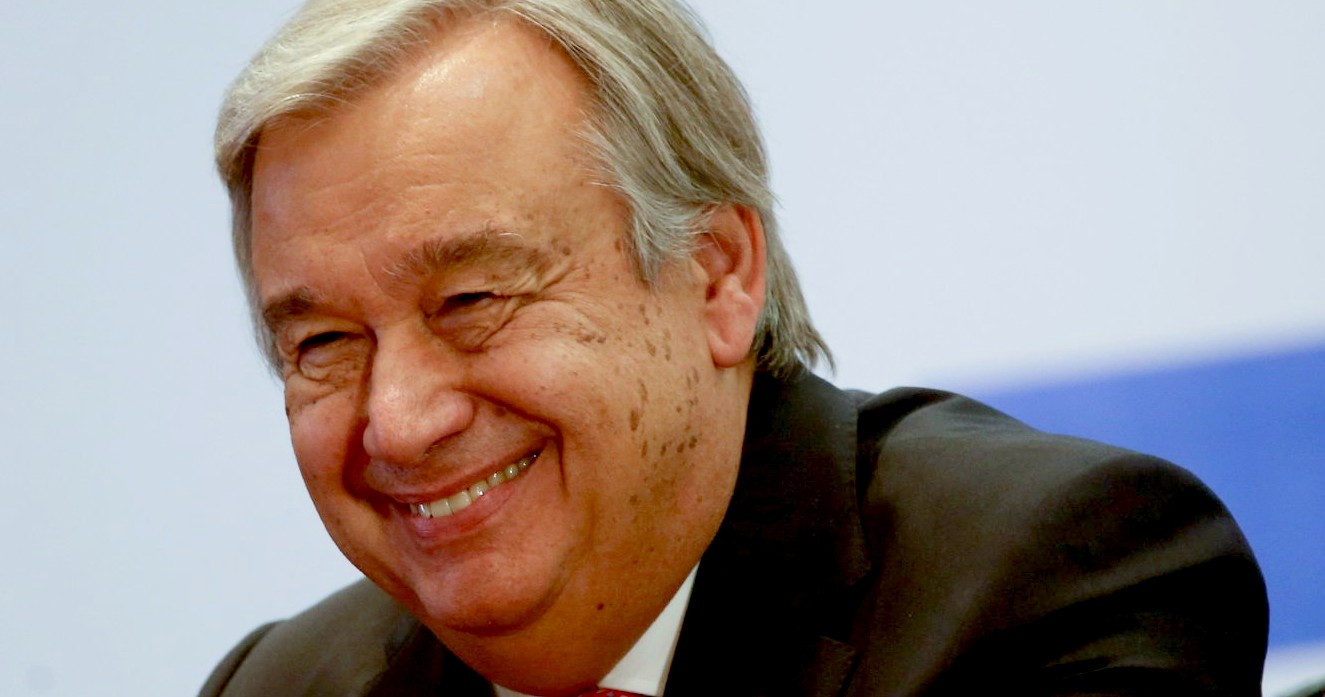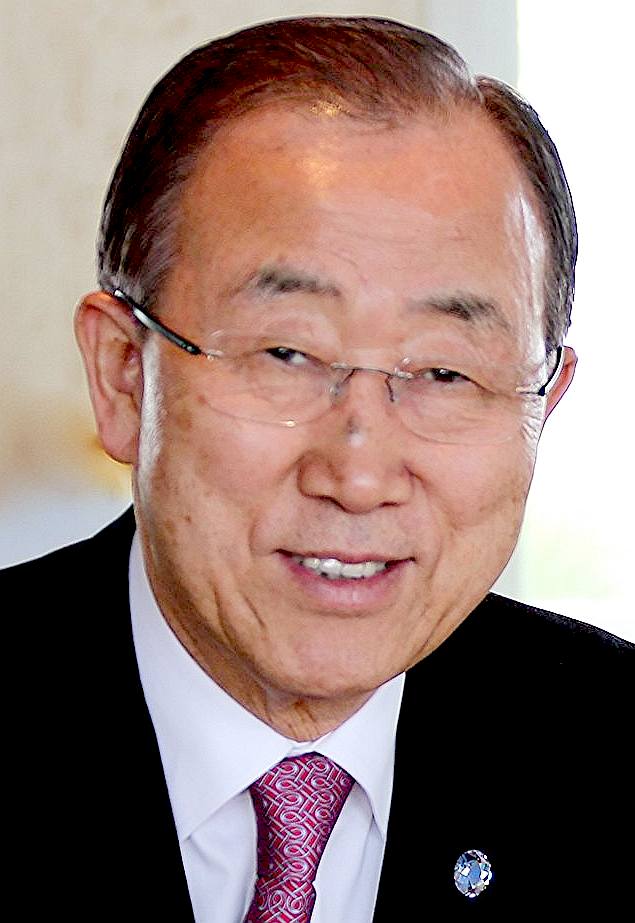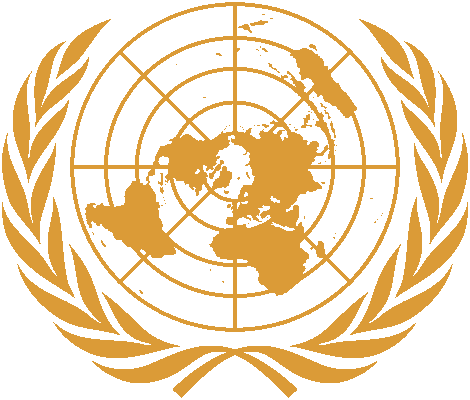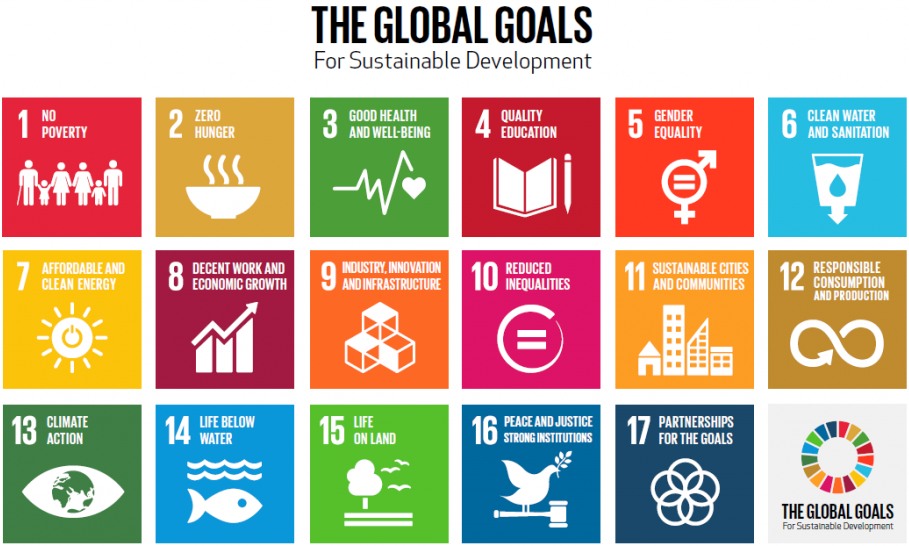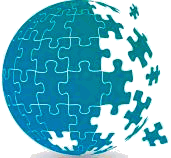|
UNITED NATIONS SUSTAINABLE DEVELOPMENT GOALS
|
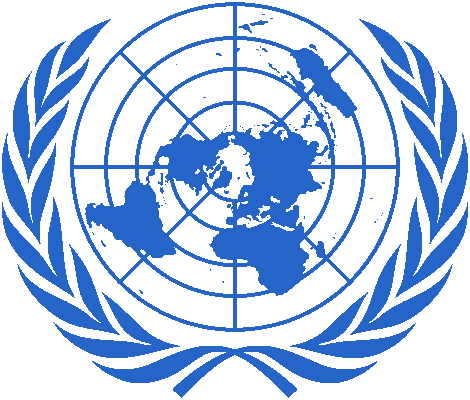
|
||||||||||||||||||||||||||||||||||
|
UN SUSTAINABILITY DEVELOPMENT GOALS
Sustainable
Development Goals (SDGs) (or Global Goals for Sustainable Development) are
a collection of 17 global goals set by the United Nations General
Assembly. The SDGs are part of Resolution 70/1 of the United Nations
General Assembly: "Transforming our World: the 2030 Agenda for
Sustainable Development." That has been shortened to "2030
Agenda." The goals are broad and interdependent, yet each has a
separate list of targets to achieve. Achieving all 169 targets would
signal accomplishing all 17 goals. The SDGs cover social and economic
development issues including poverty, hunger, health, education, global
warming, gender equality, water, sanitation, energy,
urbanization, environment and social justice.
MILLENNIUM
DEVELOPMENT GOALS (MDGs)
SDG14 - OCEANS & SUSTAINABILITY
The United Nations have adopted a goal that we hope will eventually generate funding for SeaVax via the G20 or other group of nations who want to see the seas clean of plastic waste. At the moment they appear to be pursuing a land based approach to reducing plastic, leaving the ocean to choke. Whereas, we are proposing a dual pronged attack from land and sea.
The SeaVax project encompasses many of the Sustainable Development Goals that the UN are hoping to achieve in one. To begin with Seavax is solar and wind powered, meeting SDG 7 aims and in the longer term SDG13, as in research into zero emission ocean transport. The objective is to develop the innovative technology (SDG9) to help in the fight alleviate hunger and provide food security (SDG2) and the vessels clean rivers and oceans (SDG6). Lastly, WOAA sits well with SDG17 in that the proposed World Ocean AntiPlastic Alliance encourages international cooperation in seeking to clean the oceans as per SDG14.
ANTONIO GUTERRAS - The Secretary General of the United Nations from 2017.
ABOUT THE UN
The
United Nations (UN; French: Organisation des Nations Unies, ONU) is an international organization whose stated aims include promoting and facilitating cooperation in international law, international security, economic development, social progress, human rights, civil rights, civil liberties, political freedoms, democracy, and the achievement of lasting world peace. The UN was founded in 1945 after World War II to replace the League of Nations, to stop wars between countries, and to provide a platform for dialogue. It contains multiple subsidiary organizations to carry out its missions.
BAN KI-MOON - The Secretary General of the United Nations, Ban Ki-moon, is quoted as saying: The world is "living in an era of unprecedented level of crises," Ban Ki-moon told the United Nations General Assembly in September 2014. Guiding the 193-member organization through those crises - an Ebola epidemic that has killed some 5,000 people; more than 800,000 displaced by the Ukraine conflict; the "genocide threat" of ISIS; and reported use of UN facilities by Palestinian militants, to name a few - has been Moon's job as secretary-general for the past seven years.
One of the Secretary-General’s first major initiatives was the 2007 Climate Change Summit, followed by extensive diplomatic efforts that have helped put the issue at the forefront of the global agenda. Subsequent efforts to focus on the world’s main anti-poverty targets, the Millennium Development Goals, have generated more than $60 billion in pledges, with a special emphasis on Africa and the new Global Strategy on Women’s and Children’s Health. At the height of the food, energy and economic crises in 2008, the Secretary-General successfully appealed to the G20 for a $1 trillion financing package for developing countries and took other steps to guide the international response and protect the vulnerable and poor.
UNITED NATIONS SECRETARIES-GENERAL
LINKS & REFERENCE
https://www.un.org/sustainabledevelopment/secretary-general/
We are choking the life out of animals in the world's oceans. Why? Because it is out of sight, so out of the minds of most people - and for that reason it is out of the minds of politicians. Thus, captains of industry, who ought to know better, dump their garbage where they know they can get away with it.
ACID OCEANS - ARCTIC - ATLANTIC - BALTIC - BERING - CARIBBEAN - CORAL - EAST CHINA - ENGLISH CH GULF MEXICO - GOC - INDIAN - MEDITERRANEAN - NORTH SEA - PACIFIC - PERSIAN GULF - SEA JAPAN - STH CHINA PLANKTON - PLASTIC - PLASTIC OCEANS - UNEP - WOC - WWF
|
|||||||||||||||||||||||||||||||||||
|
This
website is Copyright © 2018 Bluebird Marine Systems
Limited.
The names AmphiMax™,
Bluebird™,
Miss
Ocean™, SeaVax™ and the
blue bird in flight
|
|||||||||||||||||||||||||||||||||||
